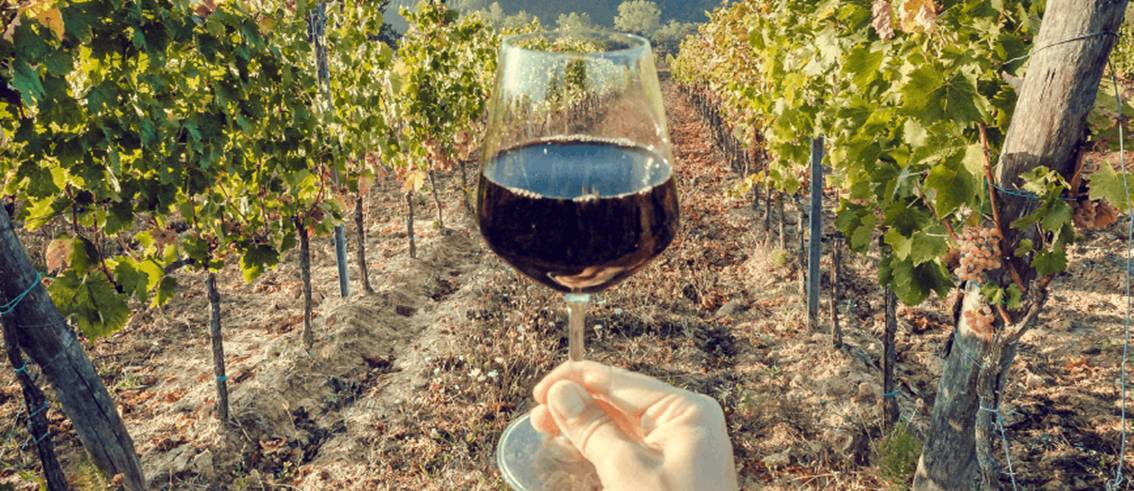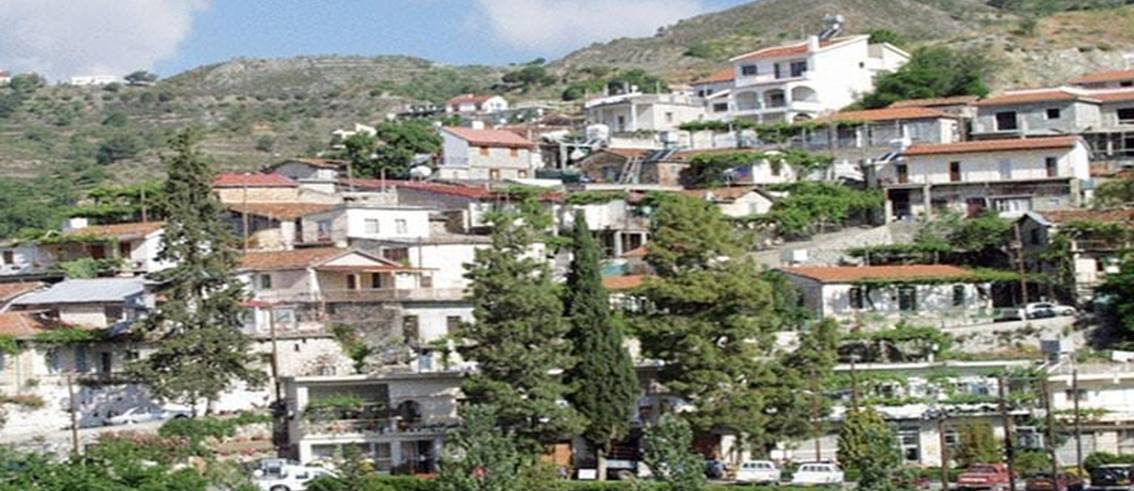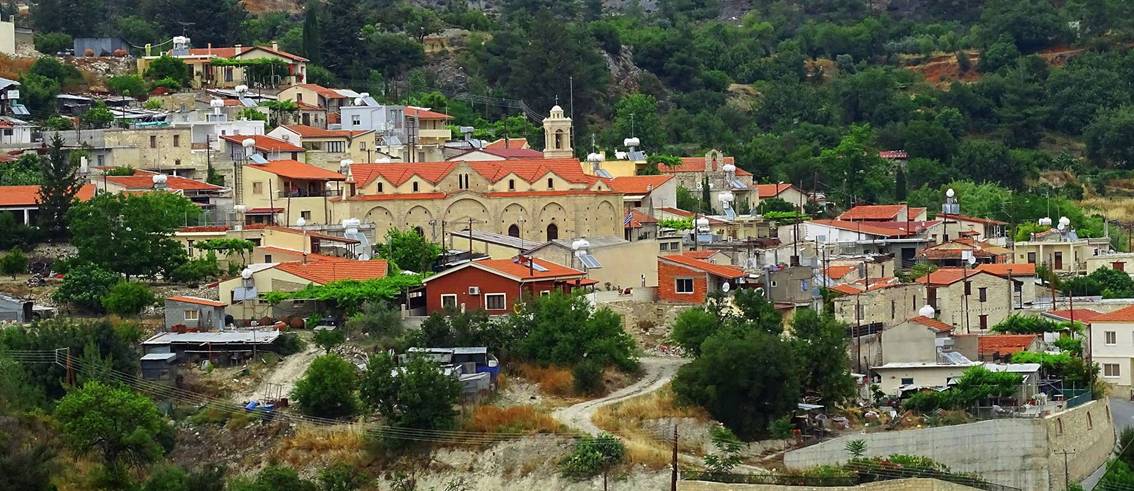Commandaria: The Sweet Dessert Wine of Cyprus
Commandaria, originating from Cyprus, is one of the oldest named wines still in production. With a history spanning over 5,000 years, it embodies tradition and legacy. This sweet dessert wine holds a special place in both history and mythology, earning titles like “the wine of kings” and “the wine of the gods.”
Historical Significance: Connection to King Richard the Lionheart
During the Crusades, King Richard the Lionheart tasted Cypriot Commandaria wine. He was so impressed that he called it “the wine of kings and the king of wines.”
Commandaria the Wine of the Gods
People often refer to Commandaria as the “Wine of the Gods.” Ancient mythology links it to the gods of Olympus, who reportedly enjoyed it. This mythical association adds to its enduring appeal and legendary status.
Production of Commandaria: Ideal Conditions in Cyprus
Cyprus’s unique climate and terrain provide perfect conditions for growing the grapes used in Commandaria. Indigenous varieties like Xynisteri and Mavro thrive in the island’s sun-drenched vineyards.
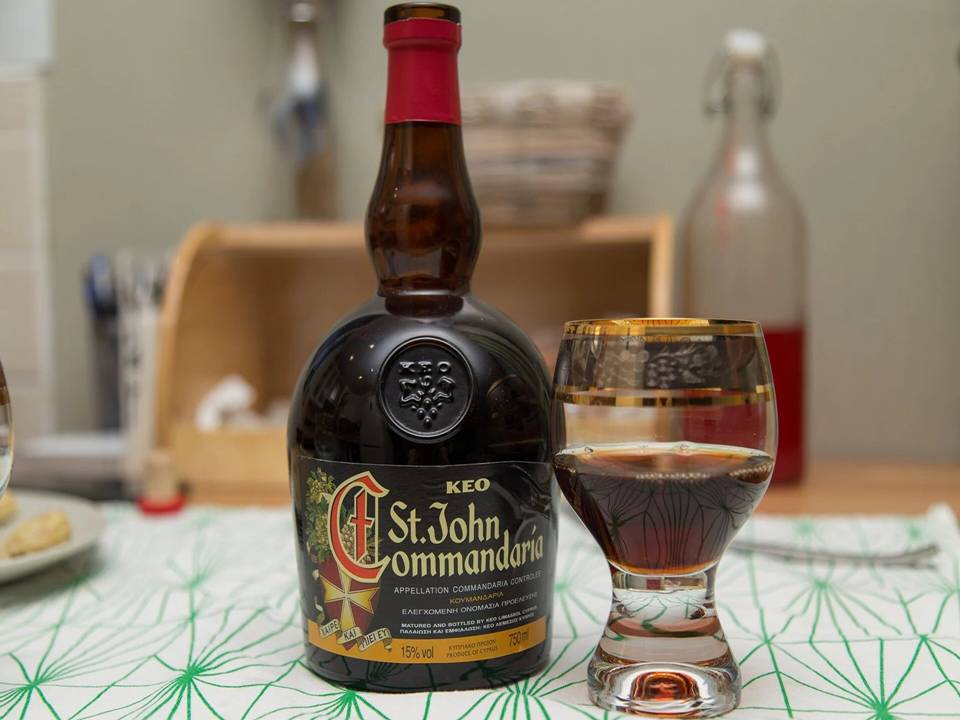
Traditional Winemaking Process
The production of Commandaria follows time-honored techniques:
Sun-Drying Grapes: After harvest, workers sun-dry the grapes to intensify their flavours.
Pressing and Fermentation: Workers press the dried grapes, and the must undergoes fermentation.
Aging: Winemakers age the wine to develop its deep amber colour and complex aroma.
Characteristics of Commandaria: Appearance and Aroma
Commandaria has a deep amber colour and a complex aroma. It exudes notes of dried fruits, caramel, and honey, captivating the senses.
Taste and Finish
The wine offers a rich, velvety sweetness with subtle hints of nuts and spices. Its finish lingers on the palate, leaving a lasting impression.
Cultural and Historical Symbolism: Ancient Praise
Ancient mythology and literature praise Commandaria. Poets and philosophers have celebrated it throughout history, solidifying its place in human creativity and expression.
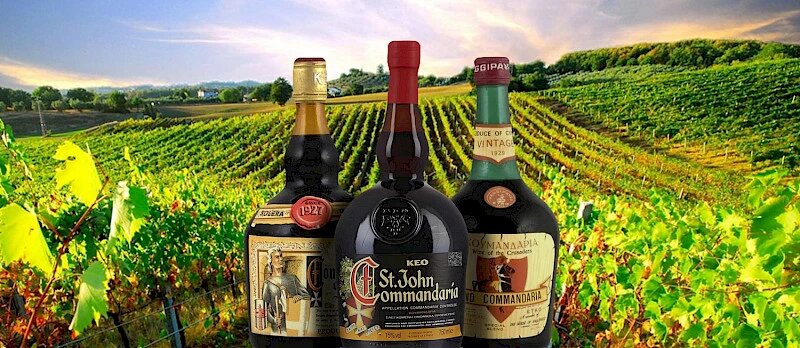
Modern Acclaim
Today, Commandaria continues to earn prestigious awards and international recognition. Its appeal transcends borders, captivating wine enthusiasts and connoisseurs worldwide.
Pairing and Enjoyment
People can enjoy Commandaria on its own or paired with a variety of cuisines. Its versatility and exceptional quality make it a favourite among wine lovers.
Authentication of Commandaria: Protected Designation of Origin (PDO)
Commandaria holds a protected designation of origin (PDO) within the European Union, the United States, and Canada.
Production Regulations
Currently, Commandaria holds a protected designation of origin (PDO) within the European Union, the United States and Canada. By Cypriot legislation passed on 2 March 1990, it is only produced in a collection of 14 neighbouring villages: Agios Georgios, Agios Konstantinos, Agios Mamas, Agios Pavlos, Apsiou, Gerasa, Laneia, Doros, Zoopigi, Kalo Chorio, Kapilio, Louvaras, Monagri and Silikou. The designated area has assumed the name of the Commandaria Region. It is located on the south-facing slopes of the Troödos Mountains at an altitude of 500-900m within the Limassol District. Only grapes from vineyards that have been planted for at least 4 years are allowed.
Conclusion
Commandaria wine stands as a testament to the timeless art of winemaking. Its rich heritage, exceptional quality, and cultural significance make it a cherished ambassador of Cyprus’s winemaking prowess. From ancient mythology to modern acclaim, Commandaria carries forward a legacy that has stood the test of time.


